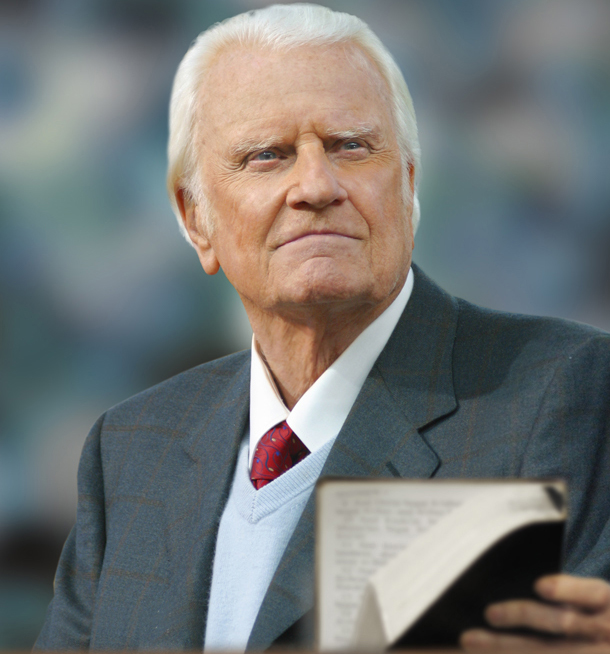
MELISSA, Texas (BP)–Daniel Boone and David Crockett remain legendary figures in American history because of their explorations and discoveries along the western frontier of the United States. These two men, both famous in western folklore, have been called the greatest hunter heroes of our nation. People often confuse the two men with each other; they lived similar yet very distinct lives. Their distinction lies in the impact they each had on the development of American civilization.
Daniel Boone, older than Crockett by 50 years, was born in a Quaker settlement in Pennsylvania and always felt drawn to the frontier wilderness. He was raised in the quiet formality of the Quakers but was enchanted by the unknowns of the frontier. Paul Andrew Hutton, a historian from the University of New Mexico, stated that Boone “was the Enlightenment hero on the frontier. He in fact brought civilization to the wilderness.”
David Crockett was born into poverty in 1786 in the wilderness of southeastern Tennessee. Crockett’s family lived in various frontier outposts and Indian villages before eventually settling in more civilized areas. Crockett’s legend remains well-known to Texans because of his heroic attempts to help defend the Alamo in 1836.
David Crockett strongly represented the interests of western people while serving three terms in Congress as a representative from Tennessee. Professor Hutton described Crockett as one who “took the values of the west, the values of self-reliance, the values of perseverance, the strength of the character that marked the frontiersman, and he took them back east.”
While these men both thrived on the alluring mystery of the frontier, their impacts were almost opposite in effect. Boone was the easterner who went west, taking the mindset and lifestyle of the civilized world into the wilderness. Crockett, on the other hand, was the westerner who went east, taking the independent and rugged spirit of the wilderness into the more stoic culture of the eastern states.
During this Christmas season, Christians think back to the Savior who came 2,000 years ago and simultaneously think about their responsibilities to serve Him. Jesus Christ, the Son of the Creator God, was born to a teenage mother on that first Christmas and, thus, brought heaven to earth. In one sense, he brought spiritual salvation and the peacefulness of eternity to this sinful wilderness called humanity.
Like Daniel Boone, Jesus came from a more civilized place and moved to a less civilized place, from perfect sinlessness in heaven to the world of sinful humanity on earth.
As followers of Christ, the Christian’s calling is to be like Jesus, which may also mean being a little like David Crockett. While people have been born in the spiritual wilderness of the world, they are to learn the spiritually civilized ways of God and His Word and teach them to their fellow citizens. Christians are called to take their “heaven-ness” back to their homes and neighborhoods.
When a Christ-follower experiences a changed life and receives a new spirit, he or she is asked to share the joy of that experience with others. Like David Crockett, Christians are to take their spirit, no longer independent but now God-dependent, and share it with those who have yet to see what they have seen, who have yet to experience this new life, who have yet to travel to the frontier outpost called new life in Christ.
What can we learn from American history? We can learn that our past is important and almost always impacts our future. We can learn that both Boone and Crockett loved the frontier spirit and wanted to share that with others. We can learn that where we have been matters greatly, but where we are going matters most of all.
Merry Christmas.
–30–
Trey Graham is senior pastor of First Baptist Church in Melissa, Texas (www.firstmelissa.com) and author of “Lessons for the Journey” and “Light for the Journey.” He can be reached at [email protected].















